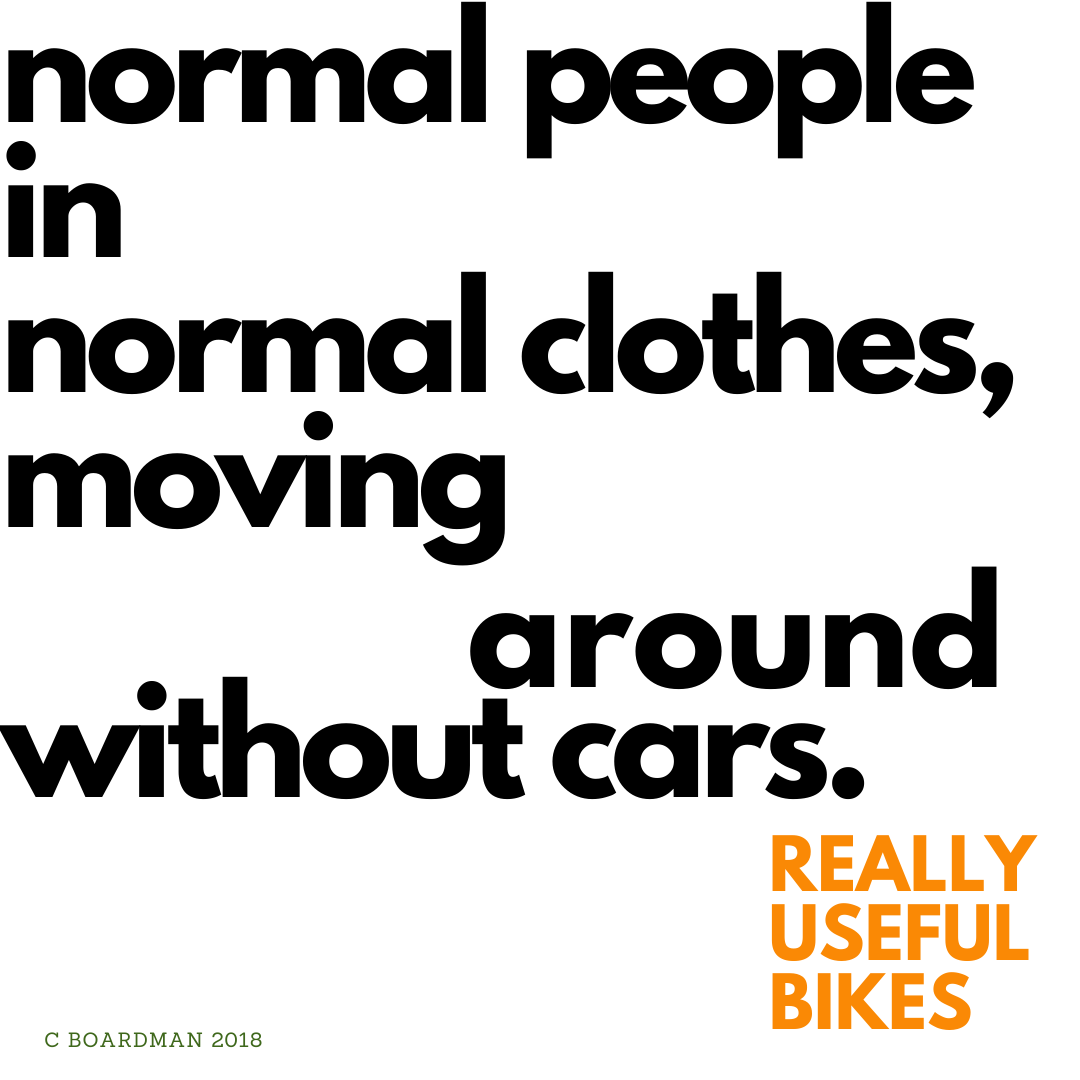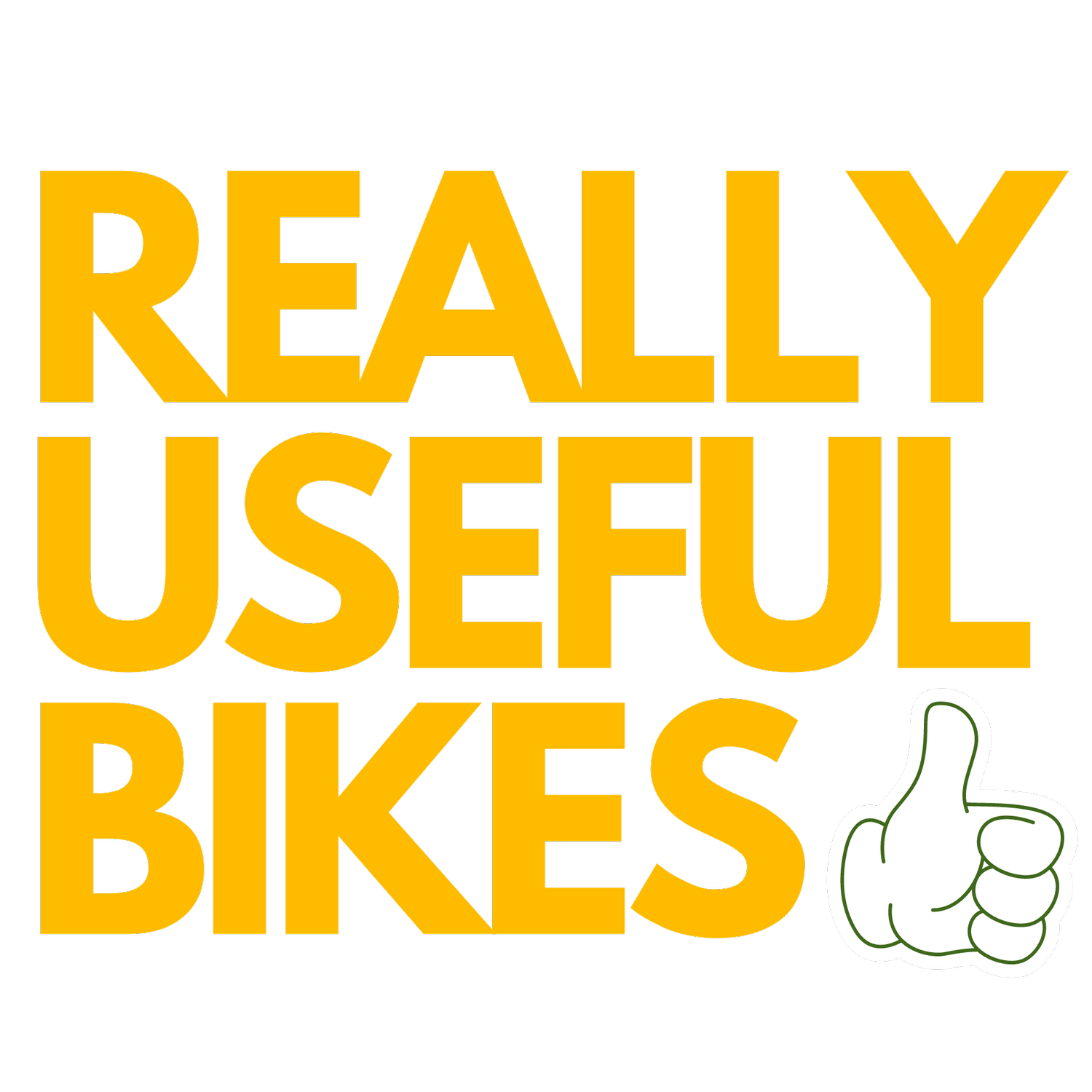One of the original UK cargobike shops, born in the late 2000’s and dedicated to the use of cargobike in our UK places. We tune, fix, customise and build cargobikes. we specialise in URBAN ARROW and Larry vs Harry and offer objective, relatively unbiased advice and all the parts, bits and spares we can find for the URBAN ARROW range of cargobikes. Bosch, Enviolo, Magura certificated, powered by green energy, a warm welcome to all.



















